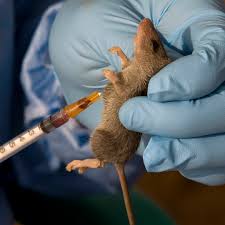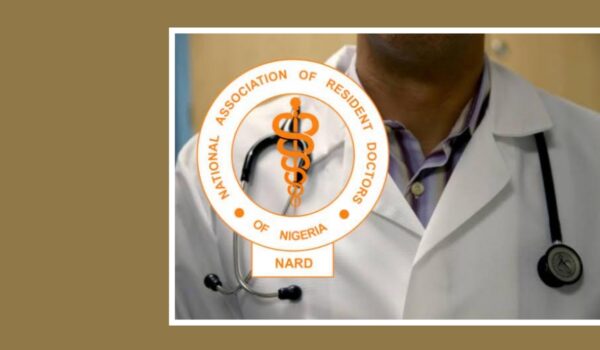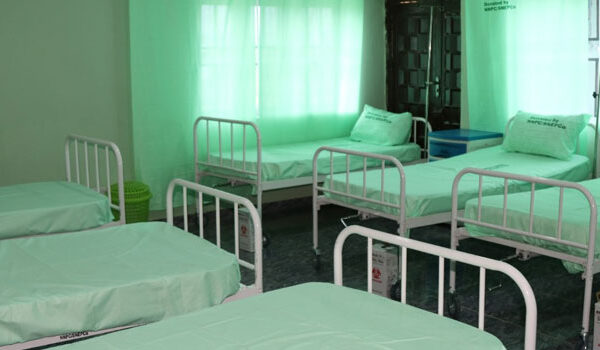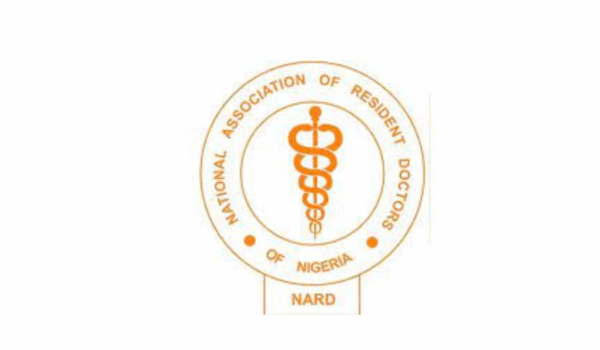The one-week session is a resumption of the 12th round of negotiations, which lasted from November 4 to 15.
The talks at the World Health Organization’s headquarters in Geneva opened three years on from the decision to draft a new accord on pandemic prevention, preparedness and response taken in the heat of Covid-19 crisis.
Concluding an international agreement in little over three years would be exceptionally fast, given the typical glacial pace of striking treaties.
Read Also: WHO, Africa CDC strengthen Mpox vaccination in Nigeria, 16 others
While countries agree on the broad scope of what they want, the fine details remain in contention.
WHO director-general, Tedros Ghebreyesus, warned that for the pandemic agreement to be meaningful, provisions of strong prevention is needed, for continued preparedness, and for robust, resilient and equitable response.
Tedros noted that an imbalanced pandemic agreement is not an agreement.
Reports show that Monday’s talks focused on research and development, sustainable financing, transfer of technology and know-how for the production of pandemic-related health products, prevention and surveillance, and on the heart of the agreement -the proposed pathogen access and benefit-sharing system.
However, on Friday, countries will take stock and decide if they have made sufficient progress to call a special session of the World Health Assembly in order to adopt a finalised agreement.
A special session of the WHO’s top decision-making body takes 35 days to arrange.





Comments